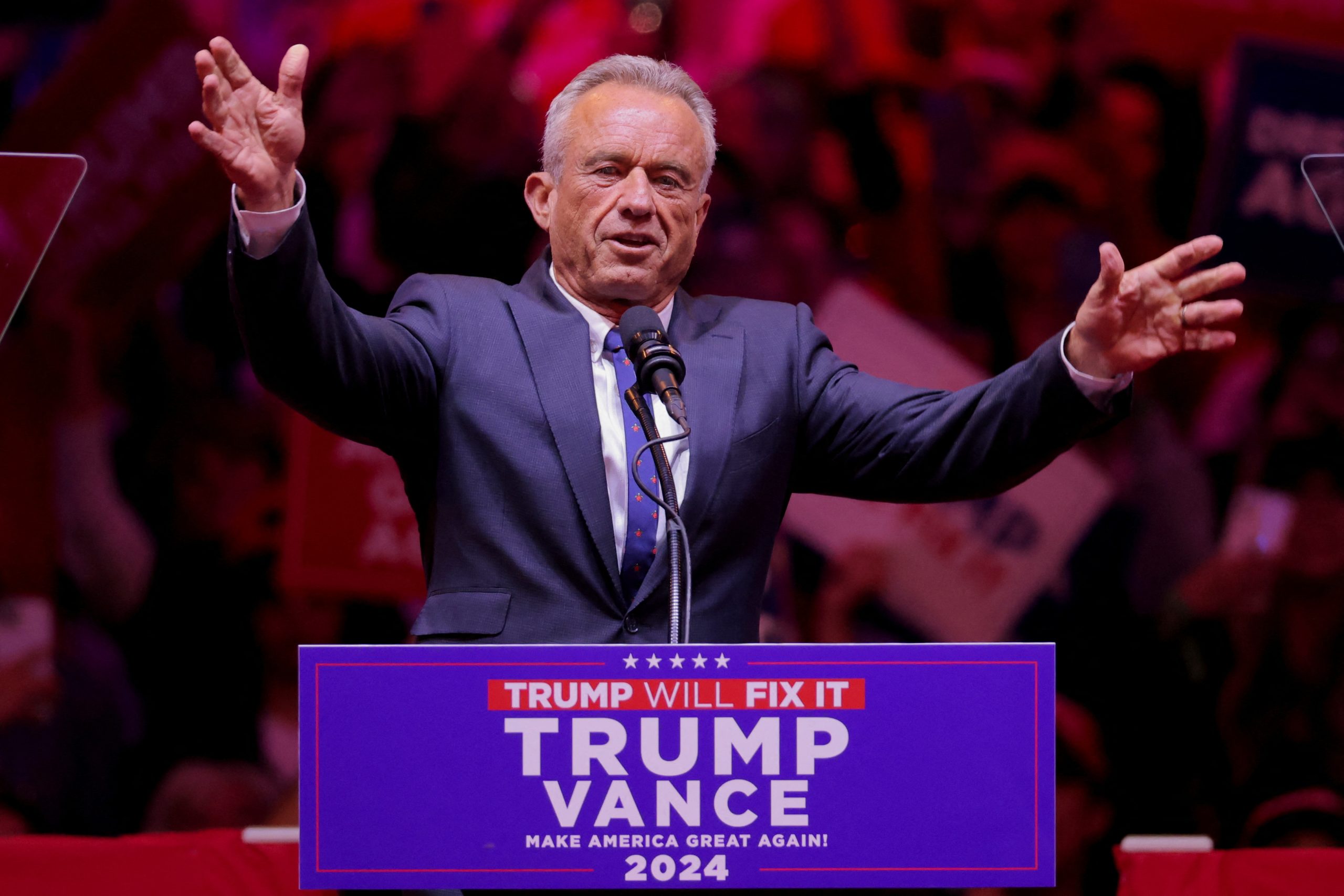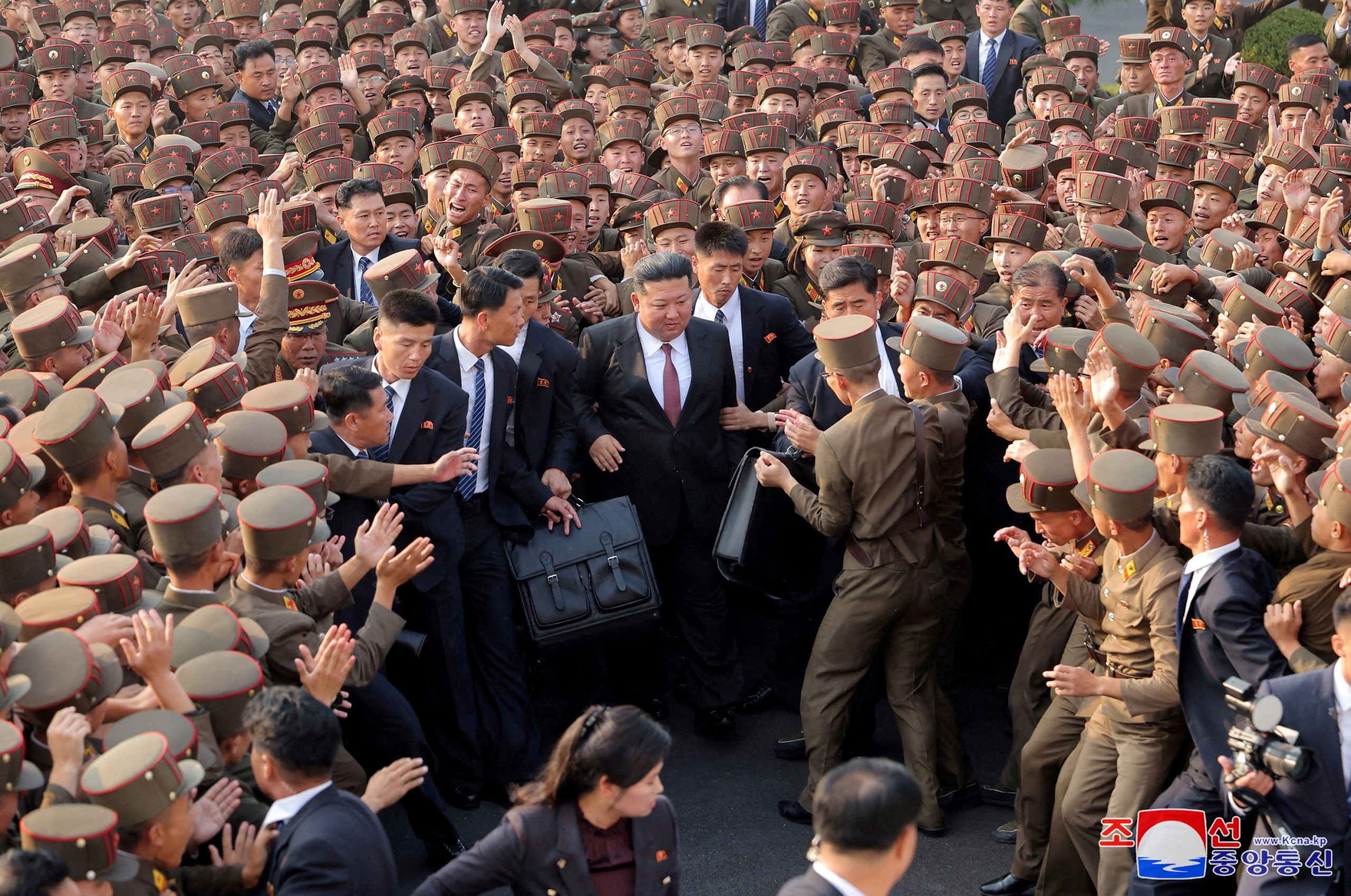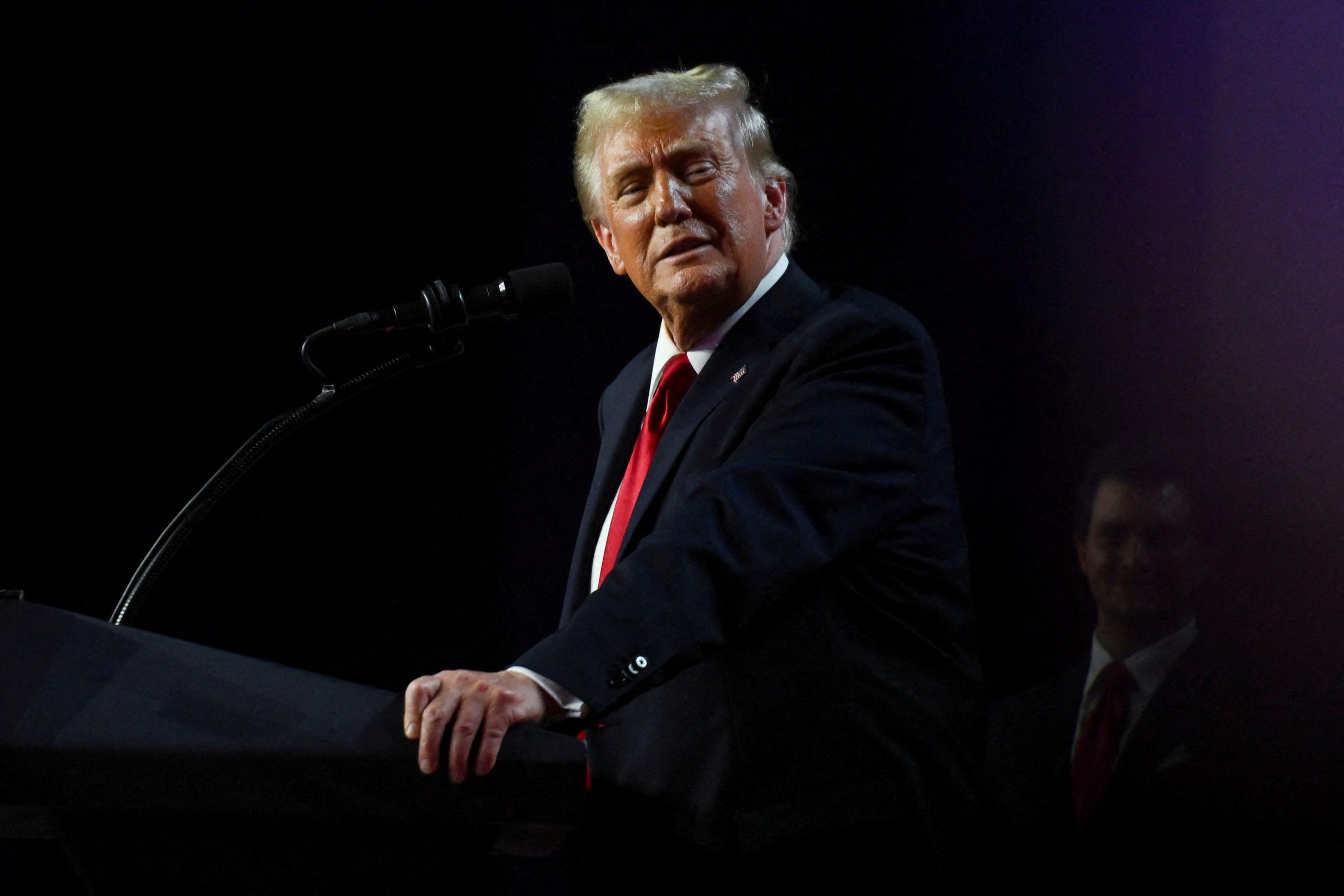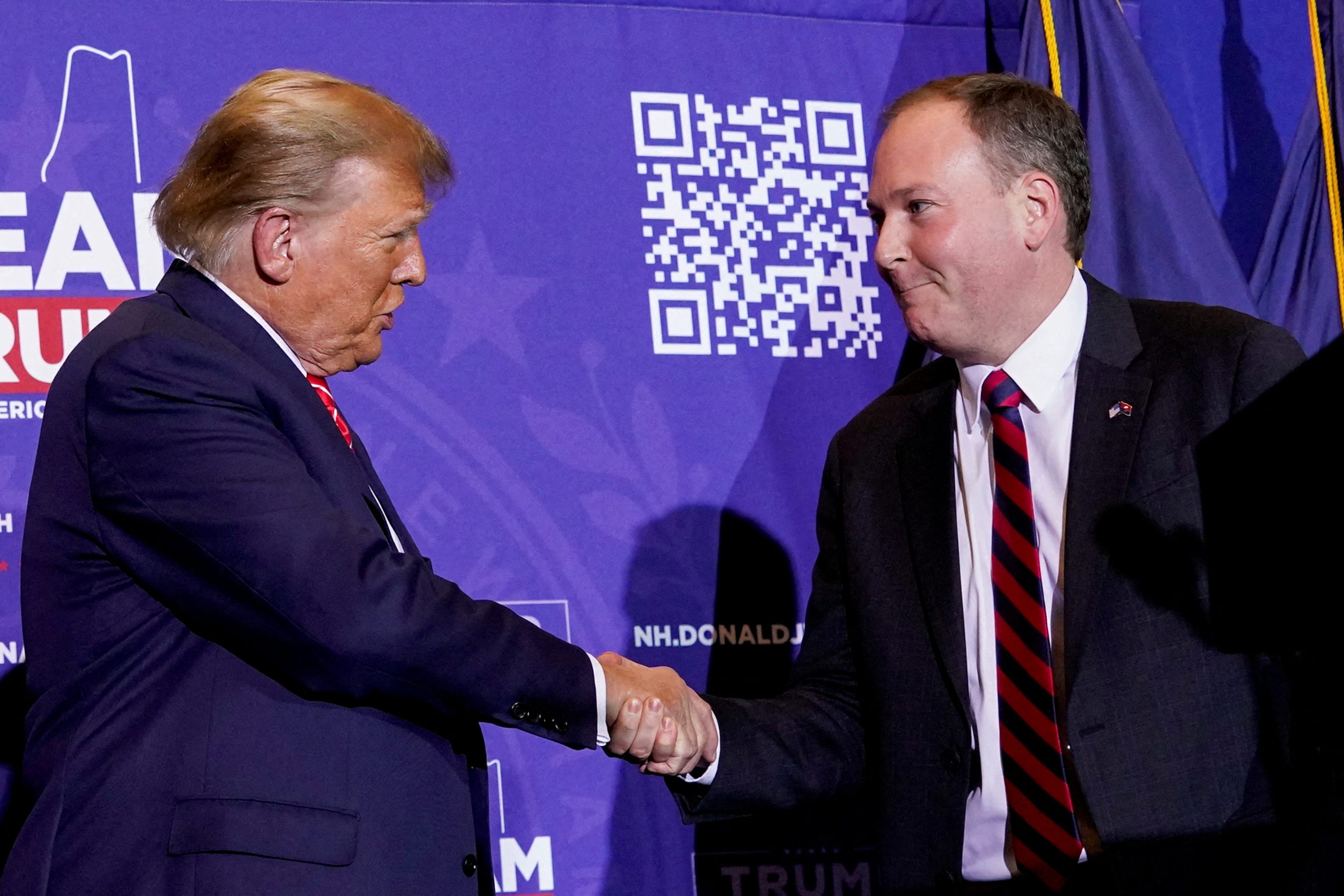The U.S. Supreme Court has denied an emergency appeal from Robert F. Kennedy Jr., who sought to remove his name from the presidential ballots in Wisconsin and Michigan after dropping out of the race and endorsing former President Donald Trump. Kennedy argued that keeping him on the ballots in these two critical swing states would infringe upon his First Amendment rights. However, with early voting already in progress, officials in both states insisted that removing his name at this stage would be logistically impossible.
Kennedy’s appeal had raised the question of whether his remaining on the ballot might inadvertently siphon votes from Trump in an already tight election. Yet, the Supreme Court’s decision effectively ends Kennedy’s efforts to avoid any unintended impact on the race, leaving his name in front of voters in two key battlegrounds where turnout could heavily sway the outcome.
With his endorsement of Trump following his exit, Kennedy’s attempt to withdraw was seen as a strategic effort to consolidate support for the former president. Still, the practical complications posed by ongoing early voting ultimately led Wisconsin and Michigan to push back, emphasizing that changes at this stage would disrupt election processes already underway.
How Kennedy’s presence on the ballot will impact the election in these pivotal states remains uncertain. For now, both parties are preparing for any surprises as Election Day approaches.
Sources for this article include: Supreme Court announcements, Wisconsin and Michigan election statements.
















